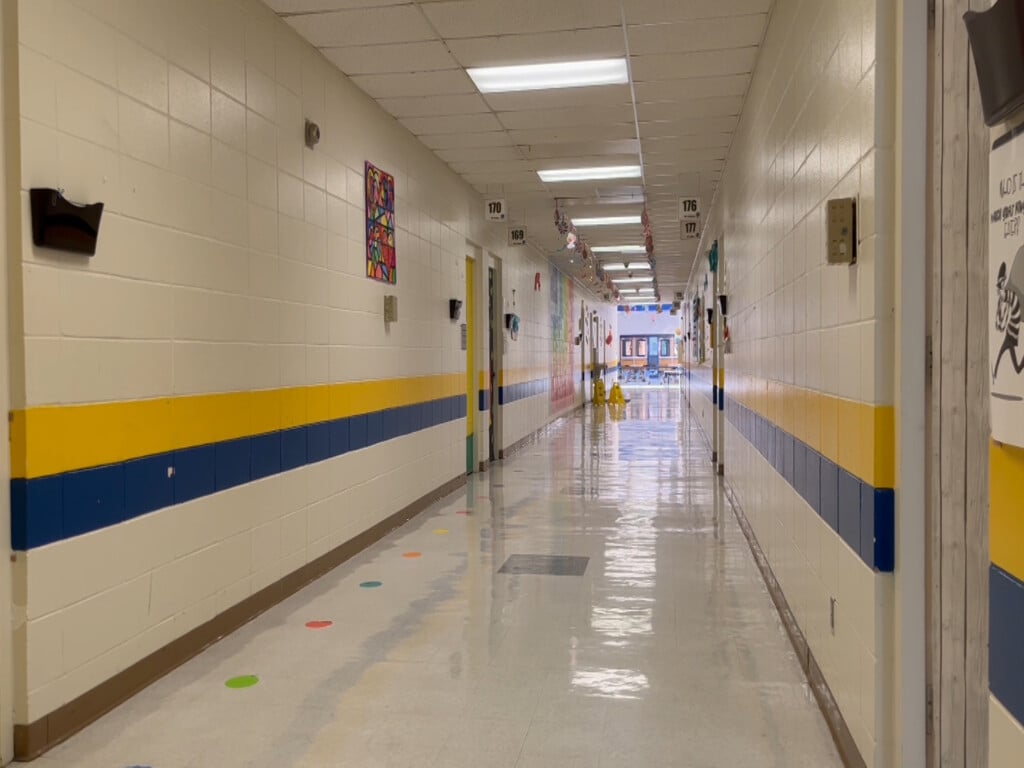Day Care Operators Protest Proposed Rule
By Jeff Amy/The Associated Press
JACKSON — Mississippi child care operators are again protesting a plan for some parents to use finger scans to sign their children in and out.
They spoke out against the proposal Wednesday at a hearing in Jackson attended by about 150 people.
The state Department of Human Services plans to require parents receiving federally subsidized child care vouchers to use the system beginning in November in some counties. Jill Dent, who leads the DHS unit overseeing child care, said after Wednesday’s hearing that it will save money for the agency. That would free up more money to offer vouchers to 8,000 children who are waiting, she said.
However, opponents said the system is intrusive and unproven, and they fear it would cut reimbursements when many operators are cash-strapped. Opponents also fear the system will cost more than it saves. A unit of Xerox Corp will receive up to $12 million over five years for the contract, though based on the number of children served, the amount it saves is likely to be less than $10 million. The payment is an add-on to Xerox’s existing contract with DHS to run its electronic payment systems.
Gov. Haley Barbour’s administration used $1.7 million in federal stimulus money to buy 1,700 finger scanning machines, Dent said.
“There have been many misconceptions,” Dent said. She said children won’t be scanned, finger scans won’t be shared and payment rules won’t change to an hourly system. Operators had feared the system would be used to cut the amount that the state pays on days when children stay shorter than normal.
Dent said DHS believes it will save money by improving accuracy and cutting administrative expenses.
“We’ll be able to serve more children,” she said.
Carol Burnett, executive director of the Biloxi-based Mississippi Low Income Child Care Initiative, said she fears “money will be saved by eroding payment to providers.” She has long contended that the state doesn’t spend enough on child care.
Child care centers must have a traditional phone line for the machine, although it can share a line with a regular phone. Providers will have to pay for the machine it they damage it.
Those who’ve been using the scanners in a pilot program say parents struggle to use them, and that many children are not properly checked in and out.
“What is the urgency of implementing finger scanners when the pilot program has not been completed or evaluated?” said Petra Kay, who operates a Jackson child care center that’s among those testing out the machines.
Dent said making sure children’s records are complete is parents’ responsibility. Parents are required to report to a training class or lose their subsidy.
Home-based providers will not be required to have a machine. Instead, parents using home providers will check in and out by phone.
Providers also said they feel a special check-in for subsidy recipients will segregate poor children. Dent, though, likened it to using a state electronic benefit card to buy food.
Sen. Albert Butler, D-Port Gibson, whose Investigate State Offices committee conducted a September hearing, said he has met with Dent and DHS Executive Director Rickey Berry.
“We do intend to work to try to make things easier for everyone,” Butler said, saying that could require legislation.
___
Online: http://www.mdhs.state.ms.us/pdfs/eccd_MseChildCarefaq.pdf





Leave a Reply